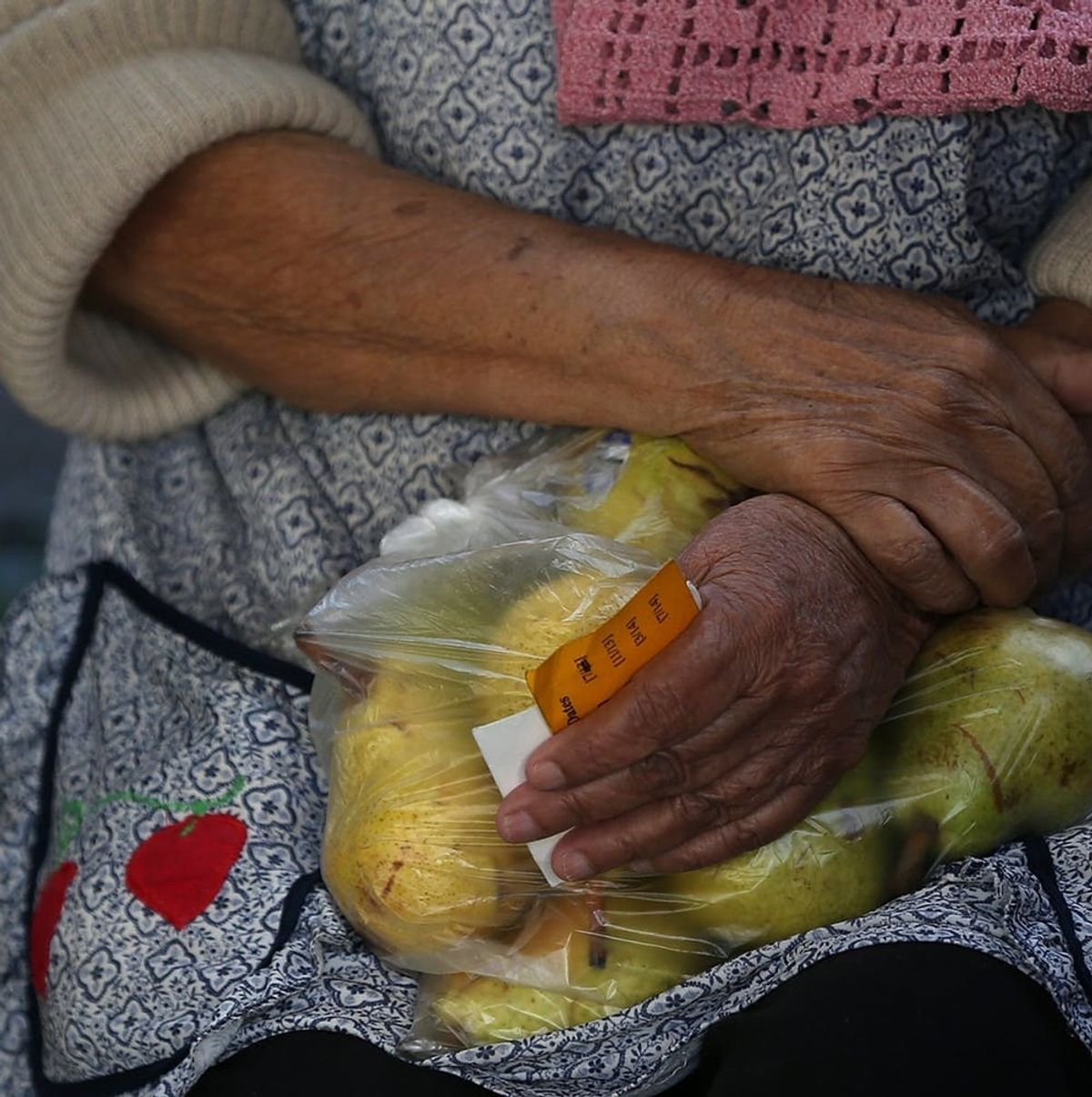Low-income women are bearing the brunt of funding stalls and service disruptions.
The Men in Washington Won’t Say It, But This Government Shutdown Is a Women’s Rights Issue

As of this week, a partial government shutdown has been in effect for more than a month with virtually no end in sight. Though the shutdown centers on partisan conflict over whether to spend billions of taxpayer dollars on a southern border wall that’s widely recognized as a racist and unnecessary measure, it has affected virtually every American to some extent and has had deep implications for women, in particular. Numerous reports have highlighted how the government shutdown has become a women’s rights issue, impacting the safety of survivors of sexual and domestic violence and imperiling the food security of low-income women, mothers, and children.
This weekend, the Washington Post published a report exploring how access to life-saving services for domestic violence survivors has been severely impacted by the shutdown. According to the report, many of the organizations that offer resources and support to survivors are reliant on federal funding, which was scheduled to stop being allocated last week amid the shutdown.
As a result, shelters and organizations across the country are being forced to cut back on spending, limiting their ability to help (mostly women) survivors seeking shelter, transportation to places of employment, funds for prescription medication, and a range of other needs. In one documented case, a domestic violence survivor was fired from her job after she could no longer receive transportation to work. The Post reports that waitlists to access shelters for domestic violence victims are growing, as survivors who formerly accessed housing with support from their local women’s center are no longer able to pay rent and forced to return to shelters.

Additionally — in an ironic twist, considering that one of the key arguments bandied in favor of a border wall was to protect American women from undocumented immigrant “rapists” — the government shutdown directly endangers survivors by allowing the Violence Against Women Act to expire and lose key funding as a result. The news comes in tandem with reports that the Department of Justice’s Office on Violence Against Women made significant changes to its definition of domestic violence in April, virtually unannounced. The revised definition dramatically limits the scope of what constitutes domestic violence.
An estimated one in five women has experienced sexual assault, and research has shown immigrants are less likely to commit crimes than their native-born counterparts. Survivors of sexual violence rely on VAWA to access life-saving resources such as survivor hotlines, rape kit funding, legal aid, and more. Through funding community sexual violence prevention education and resources, VAWA has also contributed to reducing national rates of sexual violence since its advent in the 1990s.
While the shutdown’s disproportionate impact on 800,000 government workers has been well-documented, the shutdown has also severely targeted low-income American women, who are 35 percent more likely than men to live in poverty. The shutdown has threatened funding for food stamps programs such as SNAP and WIC, which some 32 million working-class women, mothers, and children rely on to survive. It has also severely jeopardized Section 8 housing assistance and public housing, which are disproportionately relied on by women: 75 percent of public housing and Section 8 households are headed by women. In short, millions of women and children could be evicted from their homes or go hungry as a result of the shutdown.
That the government shutdown has borne disproportionate, detrimental outcomes for American women can’t be separated from the reality that it is ultimately the product of predominantly male Republican leadership.
(Photo by Justin Sullivan/Getty Images)

















